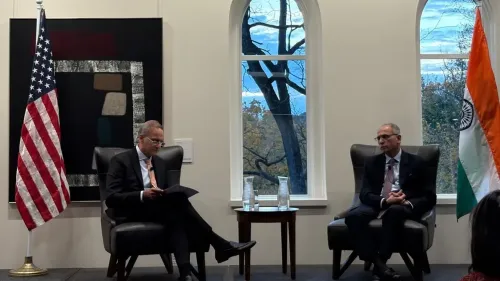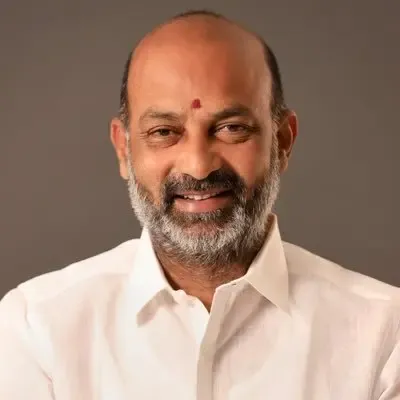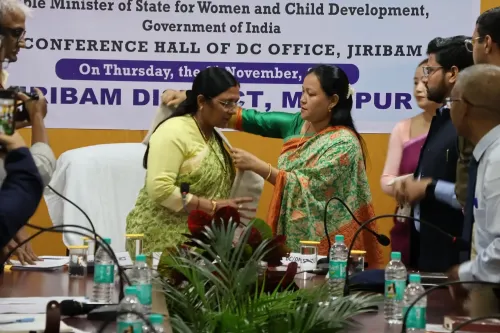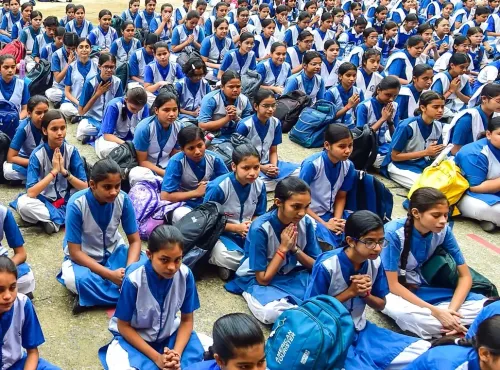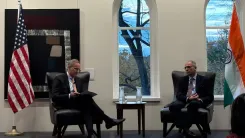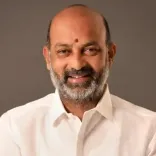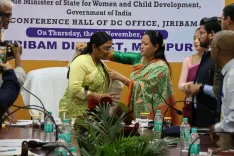Key Takeaway from 2002 Violence: Ending Riots in Gujarat, Says PM Modi
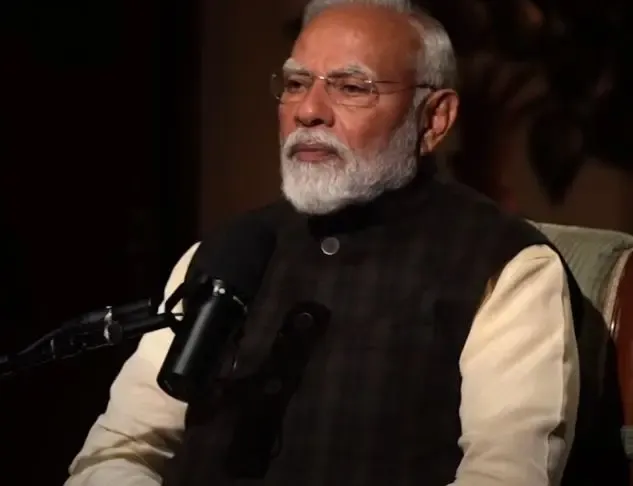
Synopsis
Key Takeaways
- End of riots in Gujarat: Since 2002, no major riots have occurred.
- Rule of Law: Judiciary's critical role in ensuring justice.
- Shift in Politics: Move from appeasement to aspiration-driven governance.
- Historical Context: Gujarat's history of violence prior to 2002.
- Community Harmony: Ongoing peace and development in Gujarat.
New Delhi, March 16 (NationPress) Prime Minister Narendra Modi stated on Sunday that the capacity to completely halt riots in a volatile state like Gujarat stands out as the most significant lesson he learned from the 2002 communal violence.
In a podcast conversation with AI researcher and podcaster Lex Fridman, PM Modi shared his reflections on the 2002 violence in Gujarat for the first time since taking office.
Revisiting the events of 2002, which occurred just six months after he became Chief Minister, PM Modi remarked, “The most crucial aspect is that in Gujarat, where riots had historically occurred annually, since 2002, there has not been a single significant riot over the past 22 years. Gujarat remains entirely peaceful.”
The Prime Minister reminisced about incidents such as the Kandahar hijacking, the attack on parliament, and even 9/11, emphasizing the severity of the situation at that time. “With so many individuals killed and burned alive, one can imagine how tense and volatile the scenario was,” he stated.
“The common belief that these were the largest riots ever is actually a misconception… Prior to 2002, Gujarat experienced over 250 notable riots. The riots of 1969 lasted nearly six months, indicating a long history of conflict, long before I came into the picture,” he explained to Fridman while discussing the lessons learned from that tumultuous time.
PM Modi also emphasized the importance of the rule of law that followed the violence. “The judiciary conducted a thorough investigation. Our political rivals were in power at that time and naturally aimed to establish all allegations against us. Despite their relentless efforts, the judiciary meticulously analyzed the situation twice and ultimately cleared us of any wrongdoing. Those truly accountable have been brought to justice by the courts.”
The Prime Minister attributed the ongoing communal harmony in Gujarat since 2002 to the strategy of ending appeasement politics and replacing it with a politics of aspiration. “As a result, anyone willing to contribute does so willingly. We have consistently aimed to transform Gujarat into a well-developed state. Today, Gujarat plays an active role in building a developed India as well,” he stated.
Previously, Fridman characterized the 2002 Gujarat riots as one of the most difficult periods in modern Indian history, marked by violence between Hindu and Muslim communities that resulted in over 1,000 fatalities.
During their three-hour conversation, the PM also commended the AI researcher for the extensive groundwork undertaken before the episode.
“I truly believe you’ve invested considerable effort. Your thorough research and deep dive into every detail are commendable. I appreciate all your efforts during our discussions and in all your conversations,” remarked PM Modi.
“I sense you are genuinely trying to understand India. That’s why I believe there’s an authentic sincerity in your earnest attempt to discover the truth. For that, I genuinely congratulate you,” he added.

